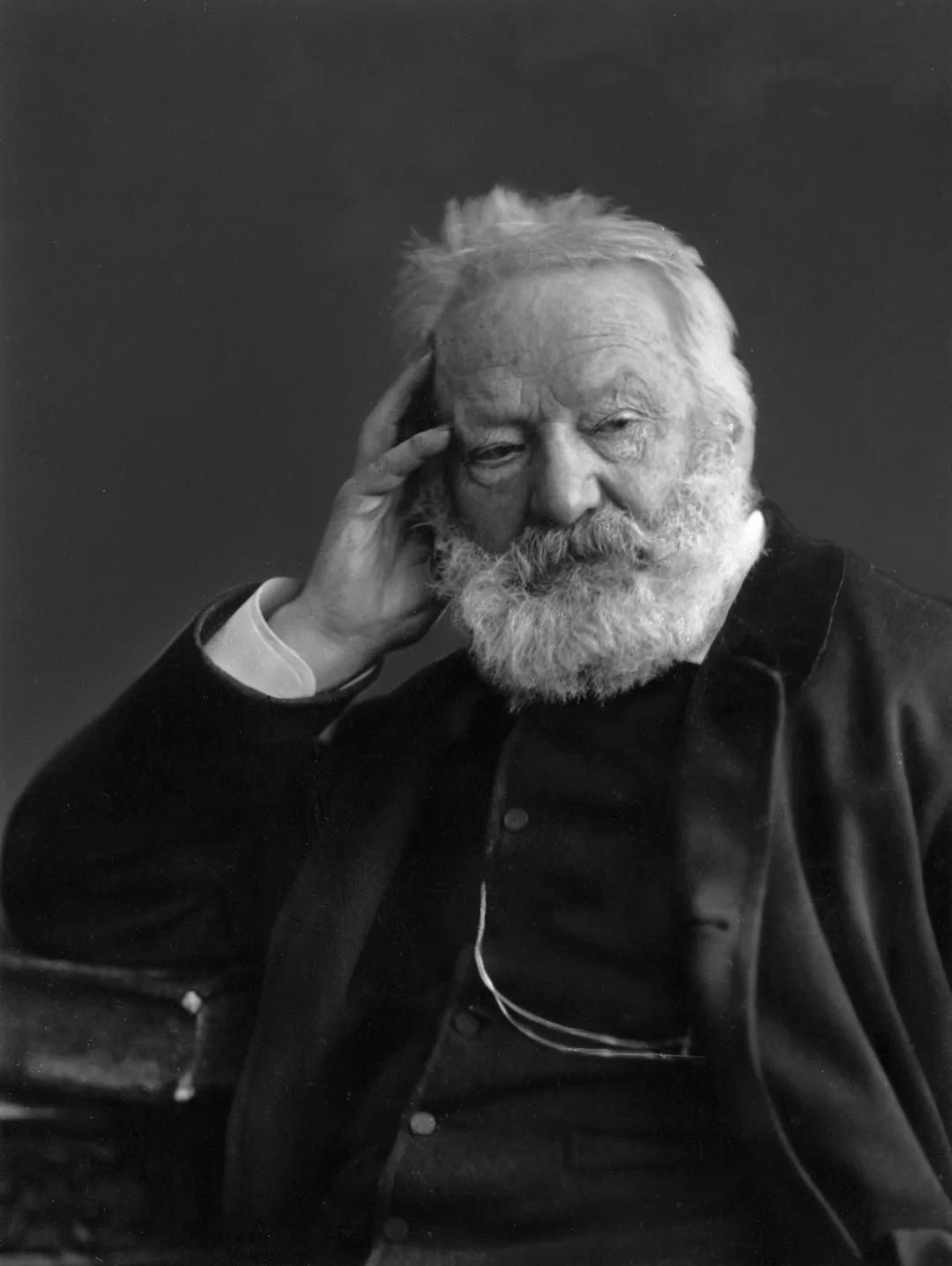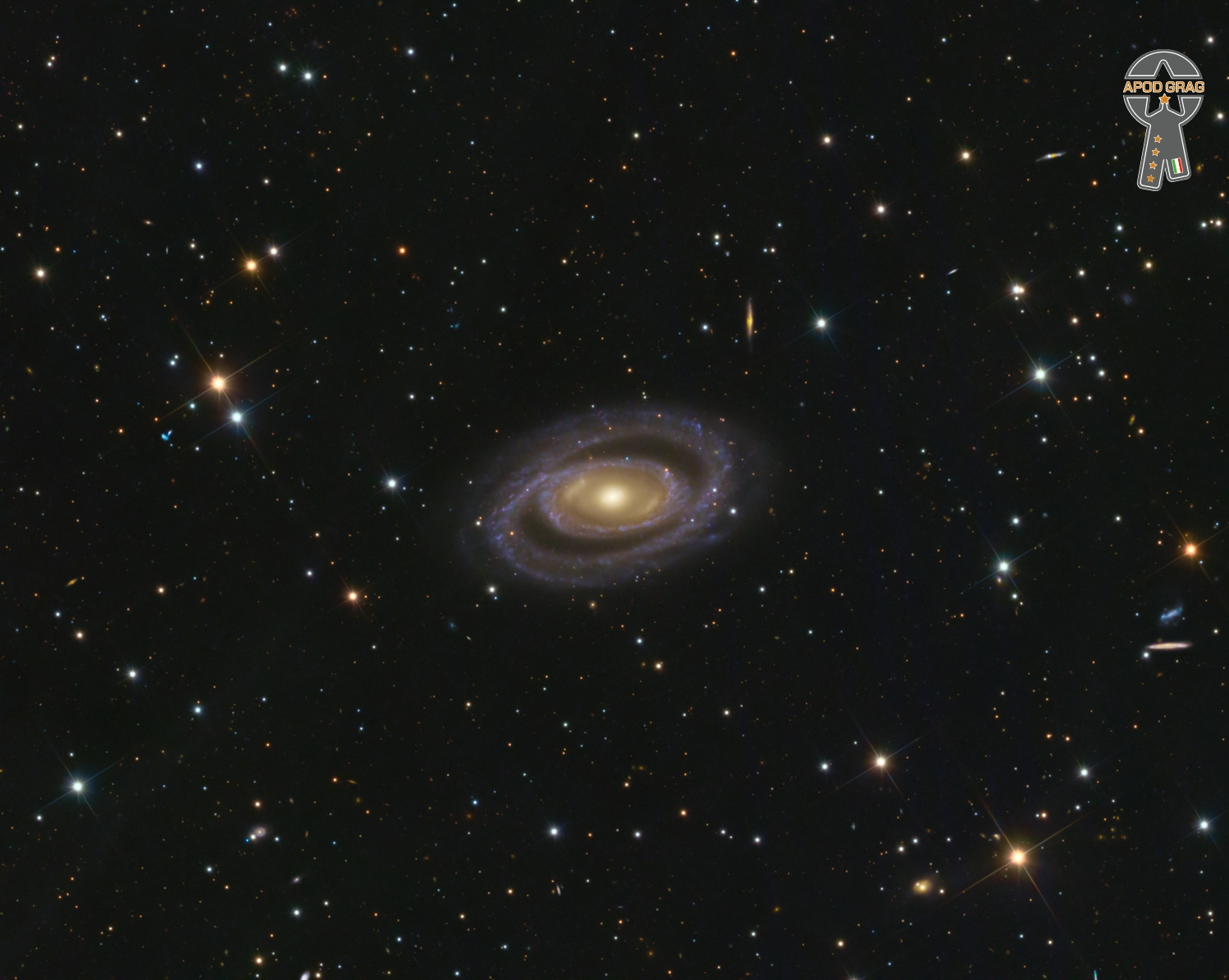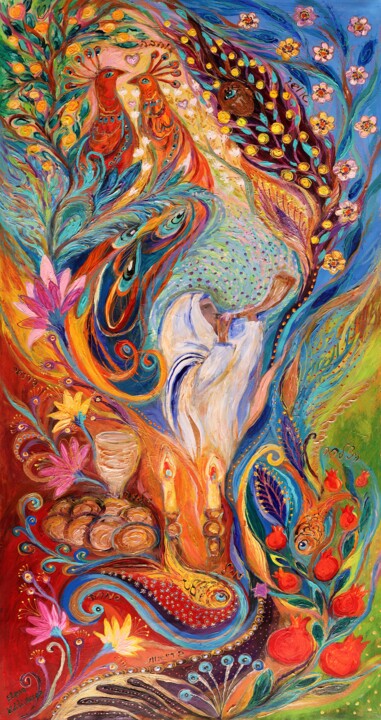Blog
James Blanton (October 5, 1918 – July 30, 1942) was an American jazz double bassist. Blanton is credited with being the originator of more complex pizzicato and arco bass solos in a jazz context than previous bassists. Nicknamed “Jimmie,” Blanton’s nickname is usually misspelled as “Jimmy,” including by Duke Ellington. Blanton left university in 1938 to play full-time in St Louis with the Jeter-Pillars Orchestra. Blanton joined Duke Ellington‘s band in October 1939 when the Ellington Orchestra came to St. Louis for a residence and the band became enamored with Blanton’s playing at local late-night jam sessions. Ellington offered Blanton the job the same night he met him. On November 22 of that year, Blanton and Ellington recorded two tracks – “Blues” and “Plucked Again” – which were the first commercially recorded piano–bass duets. Further duet recordings were made in 1940, and Blanton was also featured in orchestra tracks. In May 1940, the band recorded hits such as “Jack the Bear” and “KoKo” which featured Blanton’s chops. He was soon the talk of the town everywhere the Ellington Orchestra went. He was extremely dedicated to his craft, always practicing. He formed relationships with bass players of local symphonies when on the road. He developed an especially close friendship with tenor saxophonist Ben Webster, who had also recently joined the Ellington Orchestra. During the Summer of 1941, while the Ellington band was performing the landmark musical “Jump for Joy,” Blanton began to show symptoms of tuberculosis. His condition progressively worsened through the fall of 1941, and in November he was forced to leave the band and seek full-time medical care. Blanton died on July 30, 1942, at a sanatorium in Duarte, California, aged 23.
more...https://www.youtube.com/watch?v=cDoA5PUoR3w
more...
Friday October 4th 2024 6pm. Music with Inbal Sharett-Singer, Jayson Rodovsky, Jeff Bailey, Pete Whitman and mick laBriola.
more...
NGC 7098, a fascinating barred spiral galaxy, is showcased in this image captured from the clear skies of Obstech, Chile. Situated around 95 million light-years away in the constellation Octans, NGC 7098 displays a striking central bar and an intricate ring structure, highlighting its unique morphology. The galaxy’s bright inner regions contrast sharply with its faint, delicate outer spiral arms, giving it a truly captivating appearance.
Adding to the beauty of this cosmic scene is the wide array of distant galaxies scattered throughout the background. The frame provides not only a detailed look at NGC 7098 but also a glimpse into the vastness of the universe, with various galaxies of different shapes and sizes visible across the image. These surrounding galaxies offer a stunning context, enriching our understanding of the universe’s immense scale.

Edgar Gómez (born October 4, 1944) is a Puerto Rican jazz double bassist, known for his work with the Bill Evans Trio from 1966 to 1977.
Gómez moved with his family from Puerto Rico at a young age to New York, where he was raised. He started on double bass in the New York City school system at the age of eleven and at age thirteen went to the New York City High School of Music & Art. He played in the Newport Festival Youth Band (led by Marshall Brown) from 1959 to 1961, and graduated from Juilliard in 1963.
He has played with musicians such as Gerry Mulligan, Marian McPartland, Paul Bley, Tania Maria, Steps Ahead, and Chick Corea. He spent a total of eleven years with the Bill Evans Trio, which included performances in the United States, Europe and Asia, as well as dozens of recordings.
His career mainly consists of working as an accompanist, a position suited for his quick reflexes and flexibility. In addition to working as a studio musician for many famous jazz musicians, he has recorded as a leader for Columbia Records, Projazz and Stretch. Many of his recent recordings as a leader are co-led by the jazz pianist Mark Kramer.
more...Steve Swallow (born October 4, 1940 Fairlawn, NJ) is an American jazz bassist and composer, known for his collaborations with Jimmy Giuffre, Gary Burton, and Carla Bley. He was one of the first jazz double bassists to switch entirely to electric bass guitar.
In the early 1970s, Swallow switched exclusively to electric bass guitar, of which he prefers the five-string variety. He was first introduced to the electric bass while doing a music trade show with Gary Burton and trying a Gibson EB-2. Along with Monk Montgomery and Bob Cranshaw, Swallow was among the first jazz bassists to do so (with much encouragement from Roy Haynes, one of Swallow’s favorite drummers). He plays with a pick (made of copper by Hotlicks), and his style involves intricate solos in the upper register. He was one of the early adopters of the high C string on a bass guitar.
From 1974 to 1976, Swallow taught at the Berklee College of Music. He contributed several of his compositions to the Berklee students who assembled the first edition of The Real Book. He later recorded an album, Real Book, with the picture of a well-worn, coffee-stained book on the cover.
In 1978, Swallow became a member of Carla Bley‘s band. He was Bley’s romantic partner from the 1980s until her death in 2023. He toured extensively with John Scofield in the early 1980s, and has returned to this collaboration several times over the years.
Swallow has consistently won the electric bass category in DownBeat yearly polls, both Critics’ and Readers’, since the mid-1980s. His compositions have been covered by, among others, Jim Hall (who recorded his very first tune, “Eiderdown”), Bill Evans, Chick Corea, Stan Getz and Gary Burton. Swallow’s instruments are built by Harvey Citron.
more...
Amos Leon Thomas Jr. (October 4, 1937 – May 8, 1999), known professionally as Leon Thomas, was an American jazz and blues vocalist, born in East St. Louis, Illinois, and known for his bellowing glottal-stopstyle of free jazz singing in the late 1960s and 1970s.
Leon Thomas was born Amos Thomas, Jr. on October 4, 1937, in East St. Louis, Illinois. He studied music at Tennessee State University. At the time of his studies, he had begun a singing career as a guest vocalist for the jazz bands of percussionist Armando Peraza, saxophonist Jimmy Forrest, and guitarist Grant Green. His musical development at this time was shaped in part by seeing saxophonist John Coltrane perform in trumpeter Miles Davis‘s sextet during the late 1950s. Thomas moved to New York City in 1959, singing at the Apollo Theater as a vocalist for acts such as jazz ensemble The Jazz Messengersand singer Dakota Staton. In 1961, he joined the Count Basie Orchestra but soon left after being conscripted into the army.
Thomas was discharged from the army in the late 1960s and resumed his music career, first working with avant-garde jazz saxophonist Pharoah Sanders. In 1969, he released his first solo album for Bob Thiele‘s Flying Dutchman label. Thomas became best known for his work with Sanders, particularly the 1969 song “The Creator Has a Master Plan” from Sanders’ Karma album. Thomas’s most distinctive device was that he often broke out into yodeling in the middle of a vocal. This style has influenced singers James Moody, Tim Buckley and Bobby McFerrin. He said in an interview that he developed this style after he fell and broke his teeth before an important show. Some of the vocal style is classified as ‘jive singing’. (Ref: Leon Thomas Blues Band album).[citation needed] Thomas saw music as a means of social commentary during this period, saying, “You just have to be more than an entertainer. How the blazes can you ignore what is happening?”
more...Most of the world first heard Rumba Flamenca via the Gypsy Kings in songs like Bamboleo and Volare. In Spain, Rumba Flamenca has come in and out of style since Niña de los Peines first recorded a Rumba in 1918. Since then, artists such as El Chaqueta, Chano Lobato and Miguel Vargas Jiménez (Bambino) have become closely associated with the form. Thanks to the Gypsy Kings and their countless imitators, and to recordings like Paco de Lucia’s Entre Dos Aguas, Rumba Flamenca has become essentially a two guitar form, with one guitar playing a solo melody while the other plays the harmony with the characteristic rumba rasgueado pattern, this often assisted with bass and percussion.
more...G82.2+5.3, an intriguing supernova remnant (SNR), also recognized by names such as W63, CTB 88, and 2E 4355, nestled within the Cygnus constellation. G82.2+5.3’s actual distance remains a subject of scientific debate, yet it’s estimated to be roughly 10,500 light-years away from our home planet, Earth

Ronald Wayne Laws (born October 3, 1950) is an American jazz and smooth jazz saxophonist, and singer. He is the younger brother of jazz flutist Hubert Laws, jazz vocalist Eloise Laws and the older brother of Debra Laws.
Born and raised in Houston, Texas, United States, Laws is the fifth of eight children. He started playing the saxophone at the age of 11.
He attended Stephen F. Austin State University in Nacogdoches, Texas, for two years.
In 1971, Laws journeyed to Los Angeles, California to embark upon a musical career. He started off by performing with trumpeter Hugh Masekela. In 1972, Laws joined the band Earth, Wind & Fire, where he played saxophone and flute on their album Last Days and Time. After 18 months working with Earth, Wind and Fire, he decided to become a solo artist. In 1975, Laws issued his debut album entitled Pressure Sensitive on Blue Note Records. The album reached No. 25 on the Billboard Top Soul Albums chart. In 1976, Laws went on to release his second LP Fever. The album reached No. 13 on the Billboard Top Soul LPs chart.
more...Chubby Checker (born Ernest Evans; October 3, 1941) is an American singer and dancer. He is widely known for popularizing many dance styles, including the Twist dance style, with his 1960 hit cover of Hank Ballard & The Midnighters‘ R&B song “The Twist“, and the pony dance style with the 1961 cover of the song “Pony Time“. His biggest UK hit, “Let’s Twist Again“, was released one year later (in 1962); that year, he also popularized the song “Limbo Rock“, originally a previous-year instrumental hit by the Champs to which he added lyrics, and its trademark Limbo dance, as well as other dance styles such as The Fly. In September 2008, “The Twist” topped Billboard‘s list of the most popular singles to have appeared in the Hot 100 since its debut in 1960, an honor it maintained in an August 2013 update of the list.
more...Stephen Ray Vaughan (also known as SRV; October 3, 1954 – August 27, 1990) was an American musician, best known as the guitarist and frontman of the blues rock trio Stevie Ray Vaughan and Double Trouble. Although his mainstream career spanned only seven years, he is regarded as one of the most influential musicians in the history of blues music, and one of the greatest guitarists of all time. He was the younger brother of guitarist Jimmie Vaughan.
Born and raised in Dallas, Vaughan began playing guitar at age seven, initially inspired by his brother Jimmie. In 1972, he dropped out of high school and moved to Austin, where he began to gain a following after playing gigs on the local club circuit. Vaughan joined forces with Tommy Shannon on bass and Chris Layton on drums as Double Trouble in 1978. The band established itself in the Austin music scene and soon became one of the most popular acts in Texas. They performed at the Montreux Jazz Festival in July 1982, where David Bowie saw Vaughan play. Bowie contacted him for a studio gig in December where he played blues guitar on the album Let’s Dance (1983). John Hammond heard a demo album that Vaughan and Double Trouble had recorded and interested major label Epic Records in signing them to a record deal in March 1983. Within months, they achieved mainstream success for the critically acclaimed debut album Texas Flood. With a series of successful network television appearances and extensive concert tours, Vaughan became the leading figure in the blues revival of the 1980s.
Vaughan struggled with alcoholism and drug addiction for most of his life. He also struggled with the personal and professional pressures of fame and his marriage to Lenora “Lenny” Bailey. He successfully completed rehabilitation and began touring again with Double Trouble in November 1986. His fourth and final studio album In Step reached number 33 in the United States in 1989; it was one of Vaughan’s most critically and commercially successful releases and included his only number-one hit, “Crossfire”. He became one of the world’s most popular blues performers, and he headlined Madison Square Garden in 1989 and the Beale Street Music Festival in 1990.
On August 27, 1990, Vaughan and four others were killed in a helicopter crash in East Troy, Wisconsin, after performing with Double Trouble at Alpine Valley Music Theatre. An investigation concluded that the cause of the accident was pilot error. Vaughan’s music continued to achieve commercial success with several posthumous releases and has sold over 15 million albums in the United States alone. Rolling Stonehas twice ranked him among the top twenty guitar players of all time. Vaughan was posthumously inducted into the Rock and Roll Hall of Fame in 2015, along with Double Trouble bandmates Chris Layton, Tommy Shannon, and Reese Wynans.
more...
Stephen Michael Reich (better-known as Steve Reich, born October 3, 1936) is an American composer who is known for his contribution to the development of minimal music in the mid to late 1960s. Reich’s work is marked by its use of repetitive figures, slow harmonic rhythm, and canons. Reich describes this concept in his essay, “Music as a Gradual Process”, by stating, “I am interested in perceptible processes. I want to be able to hear the process happening throughout the sounding music.” For example, his early works experiment with phase shifting, in which one or more repeated phrases plays slower or faster than the others, causing it to go “out of phase.” This creates new musical patterns in a perceptible flow.
His innovations include using tape loops to create phasing patterns, as on the early compositions It’s Gonna Rain (1965) and Come Out (1966), and the use of simple, audible processes, as on Pendulum Music (1968) and Four Organs (1970). The 1978 recording Music for 18 Musicians would help entrench minimalism as a movement. Reich’s work took on a darker character in the 1980s with the introduction of historical themes as well as themes from his Jewish heritage, notably Different Trains (1988).
Reich’s style of composition has influenced many contemporary composers and groups, especially in the United States. Writing in The Guardian, music critic Andrew Clements suggested that Reich is one of “a handful of living composers who can legitimately claim to have altered the direction of musical history”.
more...Earle Lavon “Von” Freeman Sr. (October 3, 1923 – August 11, 2012) was an American hard bop jazztenor saxophonist. Freeman enlisted into the Navy during World War II and was trained at Camp Robert Smalls in Chicago. “All the great musicians ended up at Great Lakes”, he recalled. “It was an incubator for the best and the brightest lights in the jazz world at that time, and the musical jam sessions were simply phenomenal.” After training, he was sent to Hawaii as part of the Hellcats stationed at Barbers Point Naval Air Station in a band that starred Harry “Pee Wee” Jackson, the trumpeter from Cleveland whose nickname was Gabriel.The Hellcats were frequent winners of the islands’ competitive Battle of the Bands competitions and included musicians who had formerly played in bands fronted by Duke Ellington, Fletcher Henderson, Ella Fitzgerald, Lucky Millinder, Les Hite, Count Basie, Fats Waller, and Tiny Bradshaw. After his return to Chicago, where he remained for the duration of his career, Freeman played with his brothers George on guitar and Eldridge “Bruz” Freeman on drums at the Pershing Hotel Ballroom. Various leading jazzmen such as Charlie Parker, Roy Eldridge and Dizzy Gillespie played there with the Freemans as the backing band. In the early 1950s, Von played in Sun Ra‘s band.
more...More Posts
- Daily Roots with Don Drummond & The Skatalites
- The Cosmos with ARP 9
- Otis Spann Day
- Son House Day
- Johann Sebastian Bach
- World Music with Ranganayaki Rajagopalan
- Daily Roots with Sugar Belly
- Happy International Day of Happiness 2019
- Happy Vernal Spring Equinox 2019
- The Cosmos with NGC 1491
- Maxwell Street Jimmy Davis Day
- Harold Mabern Day
- Marian McPartland Day
- World Music with ‘Rada,’ Rubén Omár Rada Silva
- Daily Roots with Sound Dimension
- The Cosmos with Abell 370
- Lennie Tristano Day
- Curly Russell Day
- World Music with L’Arpeggiata
- Daily Roots with Lester Sterling
